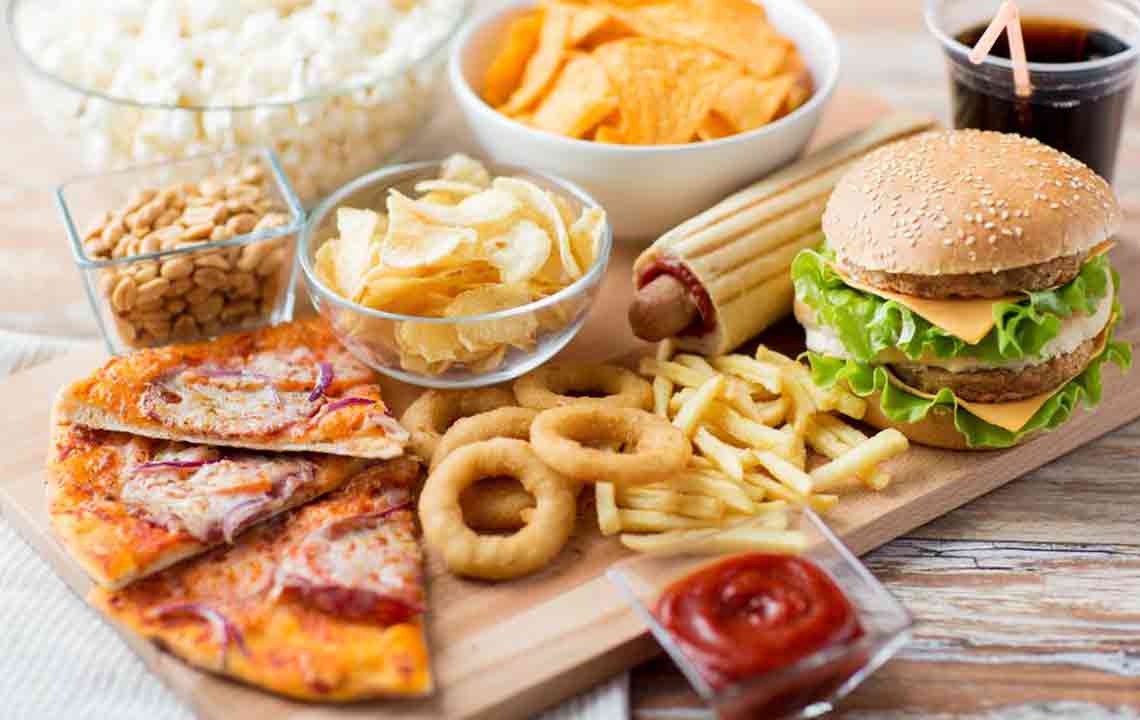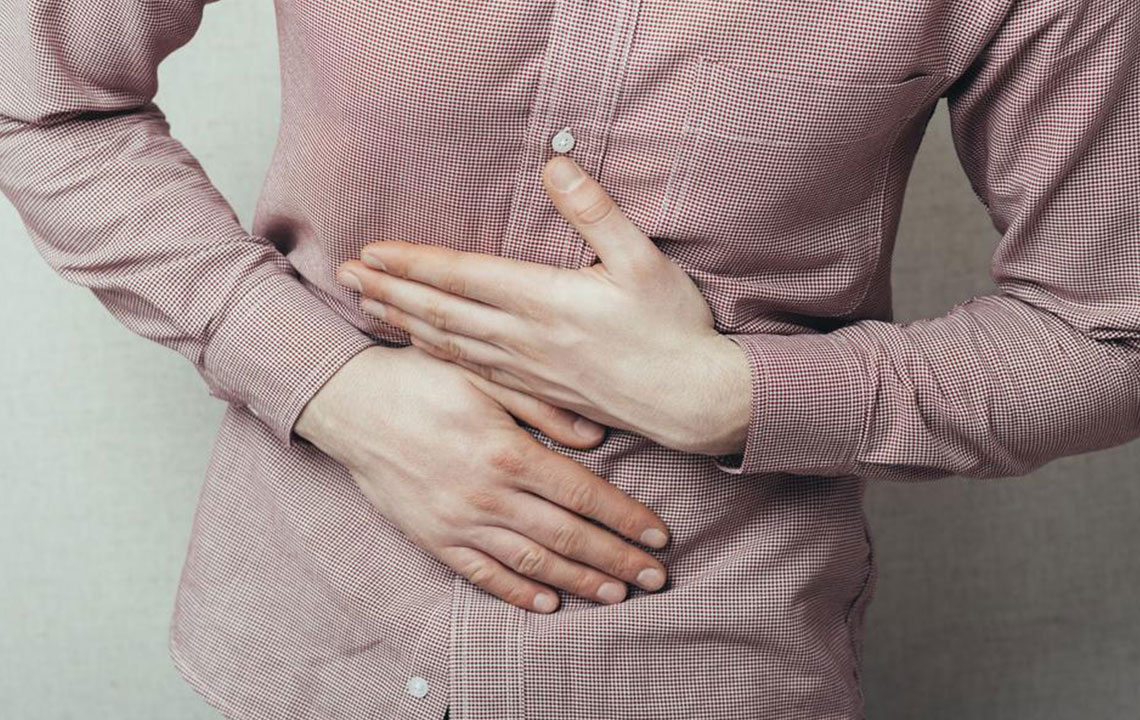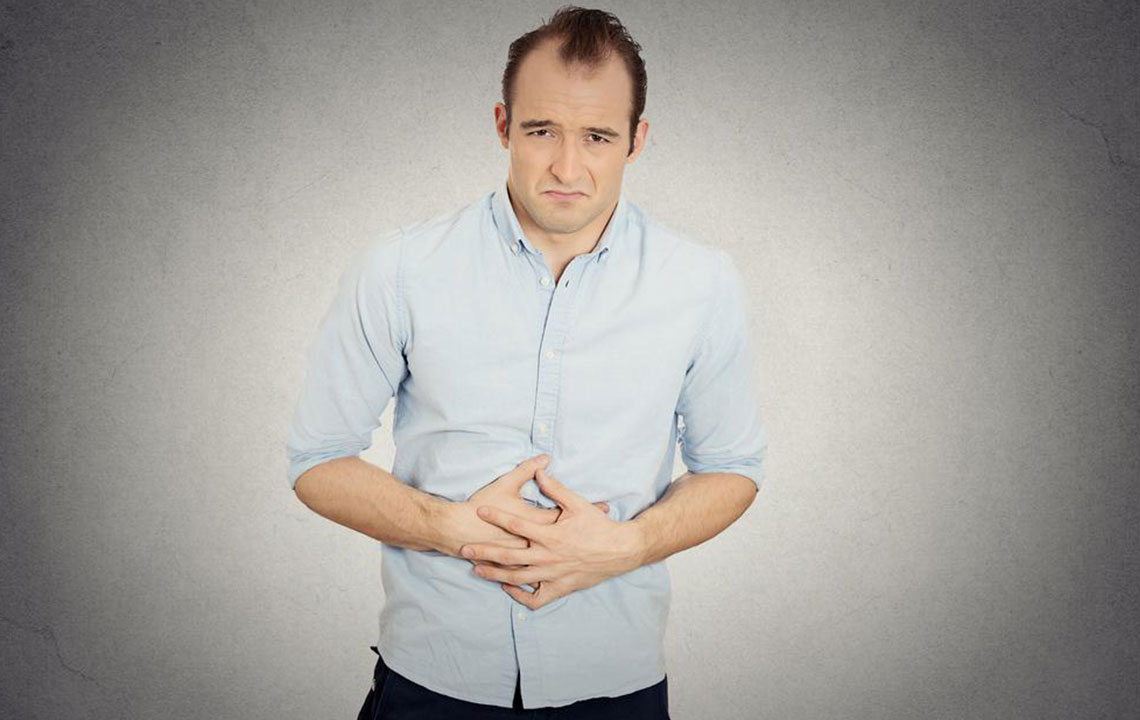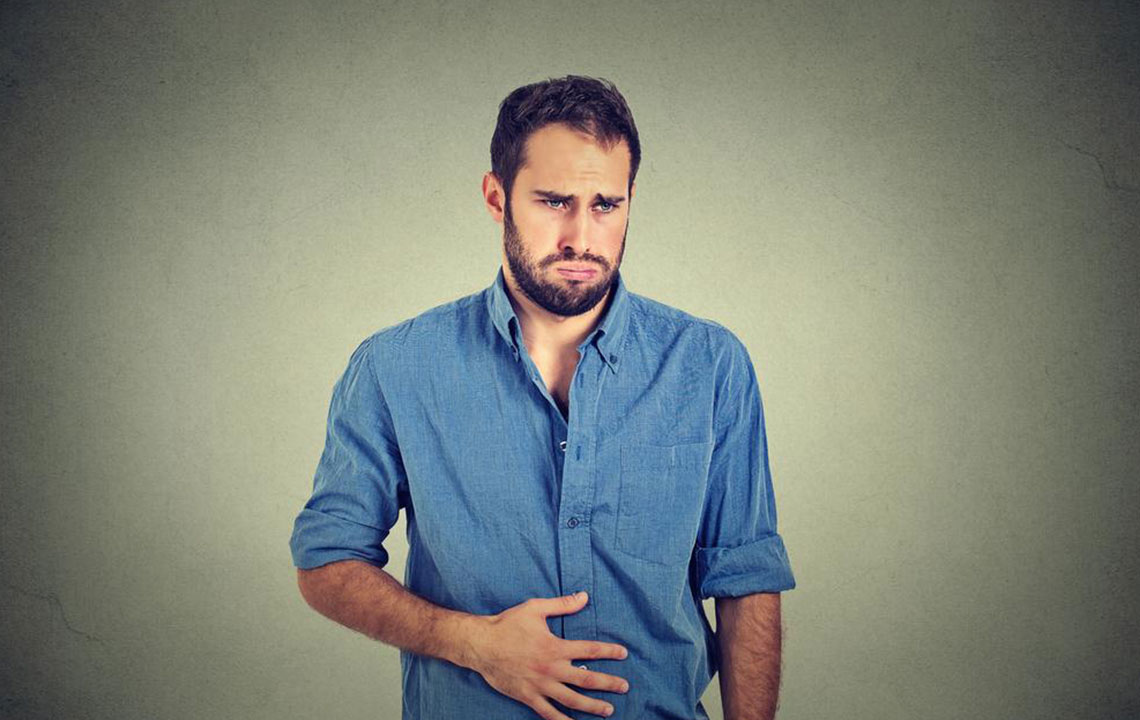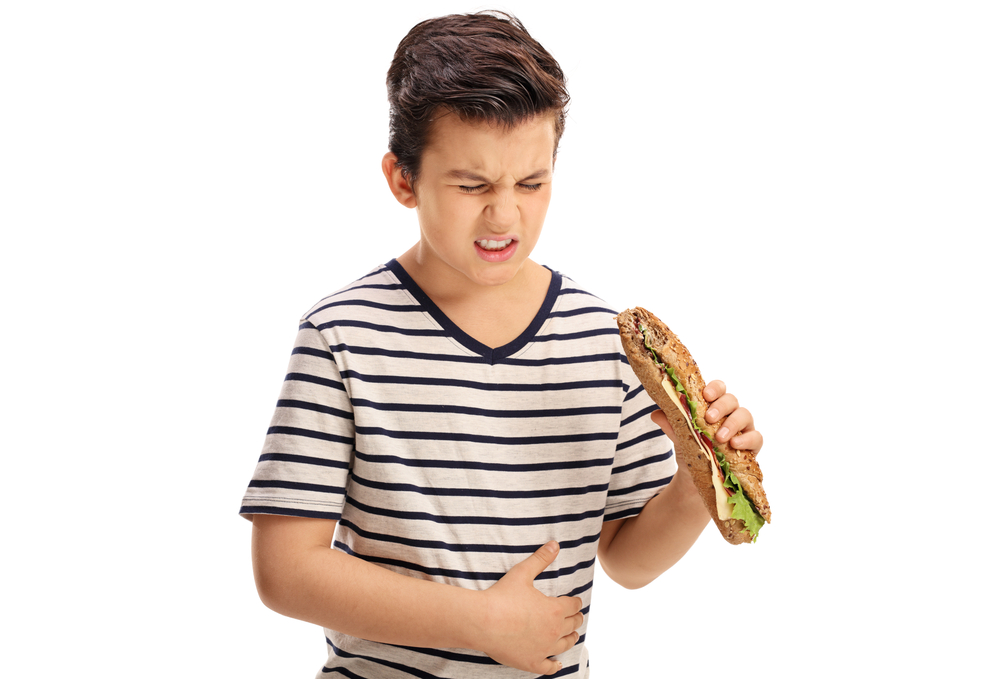Comprehensive Guide to Dietary Choices During Diarrhea Recovery: Foods to Eat and Avoid
This detailed guide explores the essential dietary considerations during diarrhea recovery. It highlights foods to avoid, such as greasy and dairy products, and emphasizes the importance of incorporating easy-to-digest, electrolyte-replenishing foods like bananas, broths, and lean proteins. Understanding these dietary choices can help alleviate symptoms, prevent dehydration, and promote faster healing. Suitable for individuals experiencing diarrhea, this article offers practical advice supported by medical insights to ensure a safe and effective recovery process.
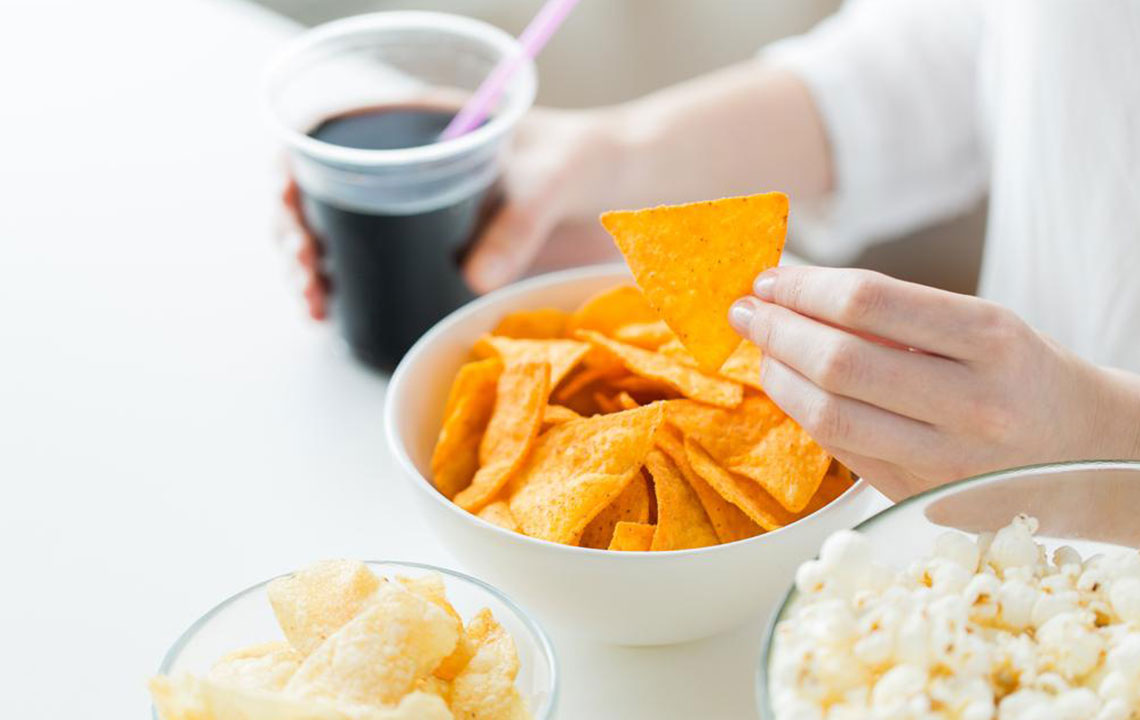
Essential Foods to Include and Avoid When Managing Diarrhea
Diarrhea is a prevalent gastrointestinal issue marked by frequent, loose, and watery stools. It can be caused by various factors, including food allergies, bacterial or viral infections, ingestion of poorly digested foods, or underlying health conditions like irritable bowel syndrome. While mild cases often resolve on their own within a few days, severe or persistent diarrhea necessitates medical intervention to prevent dehydration and other complications. Understanding the right dietary choices plays a vital role in managing symptoms and promoting faster recovery.
Recognizing Severe Diarrhea Symptoms
Signs of dehydration such as dry mouth, dizziness, and decreased urine output
High fever accompanying diarrhea
Intense abdominal or rectal pain
Presence of blood or mucus in stools
Continuous weakness, fatigue, or muscle cramps
Adhering to a proper diet, along with appropriate medications, can significantly accelerate recovery. Conversely, consuming certain foods can worsen symptoms or lead to complications, so identifying and avoiding these is crucial during recovery.
Foods to Steer Clear Of During Diarrhea
Fried and greasy foods: Foods deep-fried or rich in unhealthy fats can irritate the gastrointestinal lining, exacerbate diarrhea symptoms, and hinder recovery.
Dairy products: Milk, cheese, butter, and ice cream often contain lactose which can worsen diarrhea, particularly in individuals with lactose intolerance. Reducing or avoiding dairy helps alleviate symptoms.
Alcohol and caffeinated beverages: Drinks such as beer, wine, coffee, and sodas promote dehydration by increasing urine production and irritating the gut, so they are best avoided during recovery.
Artificial sweeteners: Ingredients like sorbitol, mannitol, and other sugar substitutes found in sugarless gum, candies, and diet products may have laxative effects, worsening diarrhea.
Gas-producing vegetables: Vegetables such as cabbage, beans, cauliflower, and broccoli contain complex sugars that can increase bloating, gas, and discomfort.
Unhygienically stored or raw foods: Improperly stored meats, fish, or raw produce can harbor bacteria or parasites that trigger or worsen diarrhea infection. Ensuring food safety is paramount to prevent further complications.
Optimal Foods to Include in Your Diet During Recovery
Clear broths: Homemade chicken or vegetable broth provides vital electrolytes like sodium and potassium, helps prevent dehydration, and offers a soothing effect on the gastrointestinal lining.
Bananas: A gentle fruit rich in potassium, bananas help replenish electrolyte imbalances caused by diarrhea and aid in regulating stool consistency.
Plain mashed potatoes: This starchy and bland food is easy to digest, helps stabilize bowel movements, and provides necessary carbohydrates without irritating the stomach.
Oatmeal: When prepared plain, oatmeal offers soluble fiber that promotes intestinal regularity and soothes the digestive system. Combining it with bananas enhances its benefits.
Lean proteins: Skinless, steamed, or baked chicken provides essential nutrients and is easy on the stomach. It supplies protein without added fats or spices that might aggravate symptoms.
Thank you for reading this comprehensive guide. Remember that individual needs vary, and consulting a healthcare professional is advisable for tailored advice during diarrhea recovery. Proper diet management can significantly reduce discomfort, prevent dehydration, and ensure a quicker return to full health.